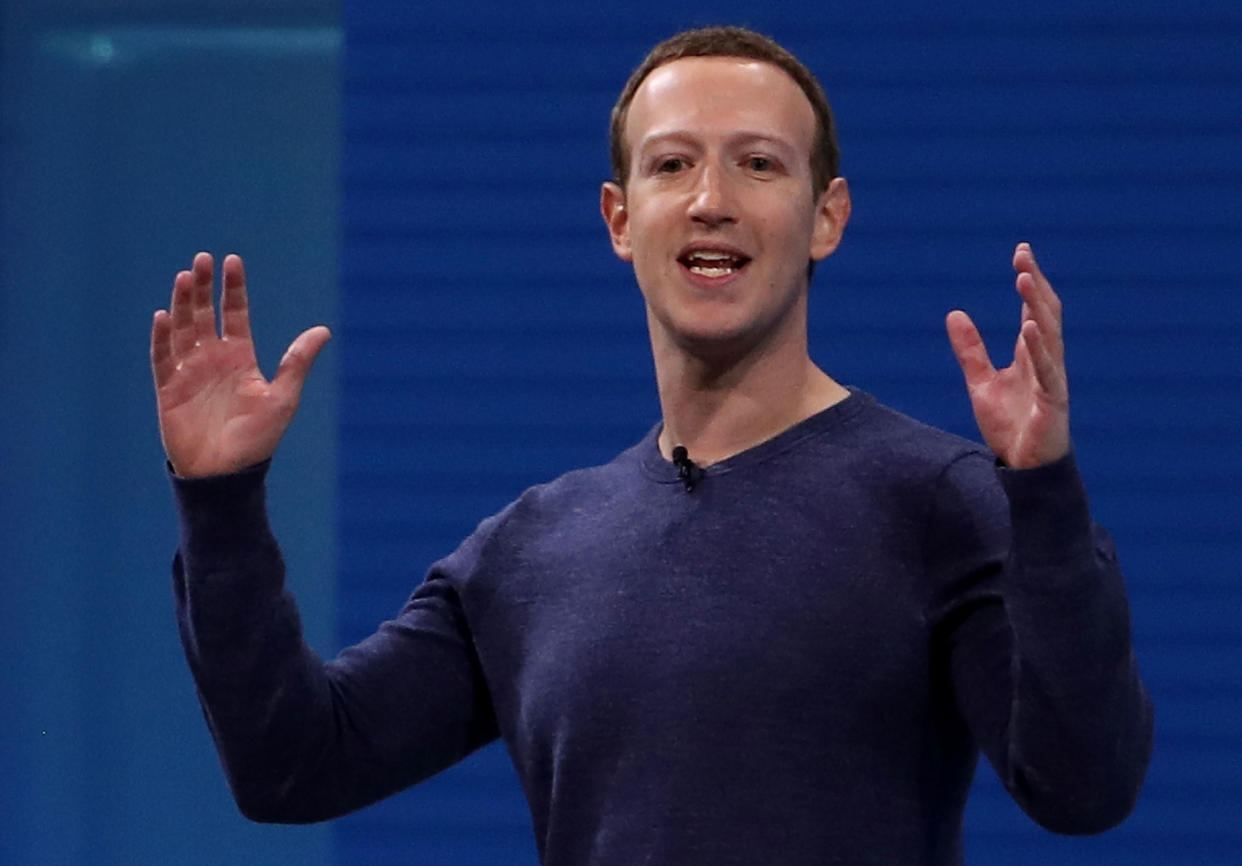Mark Zuckerberg calls Apple's DMA rules 'so onerous' he doubts any developer will opt in

Meta CEO Mark Zuckerberg has added his voice to those criticizing Apple's compliance with the EU's new Digital Markets Act (DMA) regulation, which forces Apple to open up its App Store and allow developers to use their own payment systems, among other things. During Meta's Q4 earnings call this afternoon, Zuckerberg responded to an investor question asking for Meta's thoughts on the DMA by saying Apple's new rules were "so onerous" that he would be surprised if any developer adopted them.
The new regulations were meant to increase competition in the app economy by allowing other companies to run their own app stores and collect their own payments, which would, in theory, allow them to bypass Apple's commissions and fees. But Apple's compliance with the DMA reduced commissions but added other, new fees -- including a new "Core Technology Fee" -- that would apply to any developer who adopted the DMA rules, regardless of where their app was distributed, including on the App Store. Otherwise, Apple said developers could choose to remain on the same commission structure that exists today, where Apple takes a 15% to 30% cut of in-app purchase revenues, depending on the app's reach and other factors.
Had the DMA been written to be more airtight, Meta could have used the new law to launch its own app store. It had once toyed with the idea of offering a Facebook Games store, for example, but Apple's rules forced Facebook to remove any actual gameplay functionality in the app. Meta eventually gave up, shutting down the app in 2022, two years after its launch.
From Zuckerberg's comments today, it doesn't look like Meta has any intention of bringing it back.
"I don't think that the Apple thing is going to have any difference for us because I think that the way that they've implemented it, I would be very surprised if any developer chose to go into the alternative app stores that they have," Zuckerberg told investors. "They've made it so onerous, and I think, so at odds with the intent of what the EU regulation was that I think it's just going to be very difficult for anyone -- including ourselves -- to really seriously entertain what they're doing there."
Meta joins other tech companies that have criticized Apple's compliance with the DMA, including Epic Games, Spotify, Mozilla and Microsoft. Epic Games, which sued Apple over antitrust issues and largely lost, called Apple's DMA rules "malicious compliance" and full of "junk fees." Spotify dubbed them "extortion" and a "total farce," and Microsoft said they were a "step in the wrong direction." Another notable Apple critic, Match, said it hadn't yet decided if it will opt into the new DMA rules, as it's still examining them.


